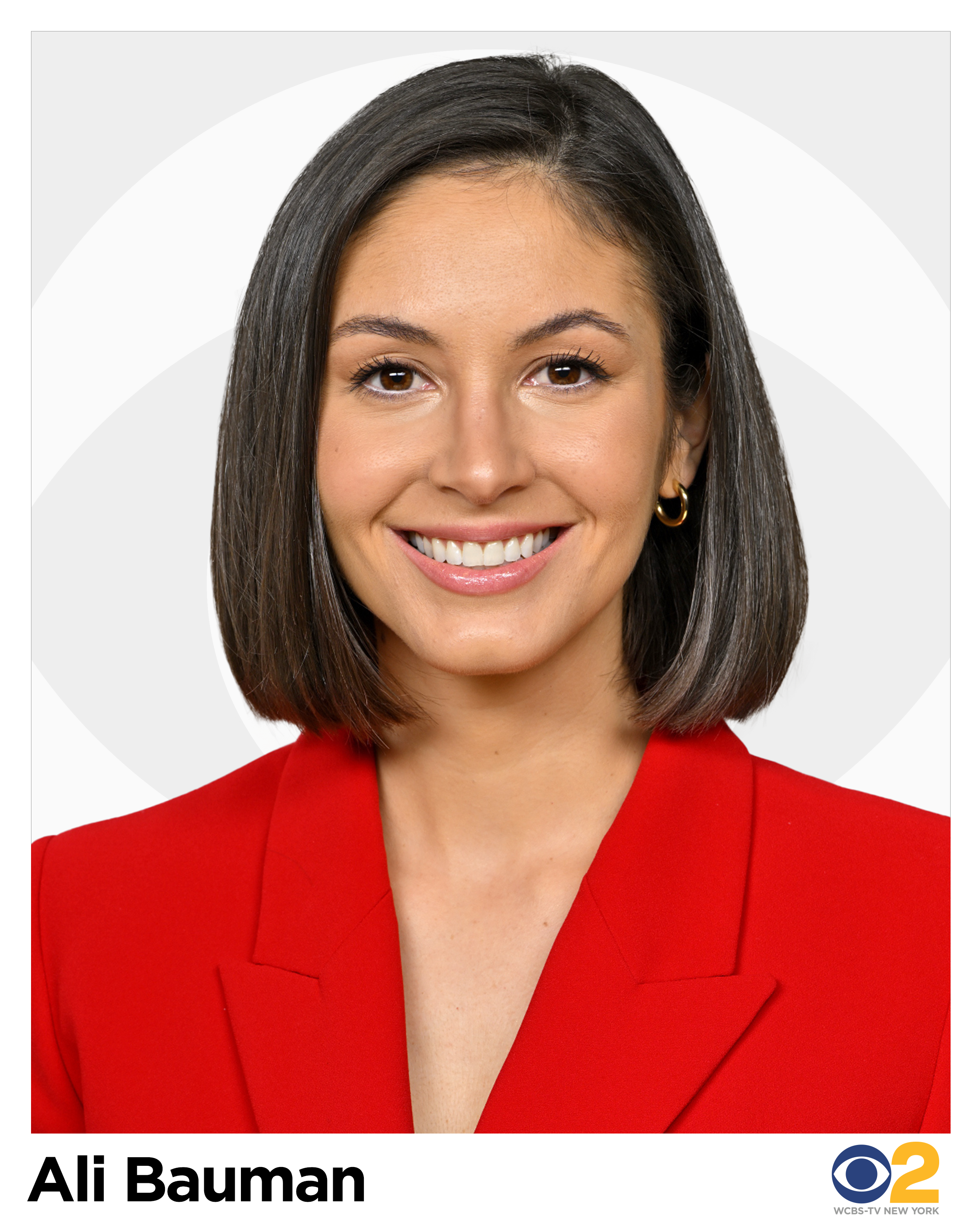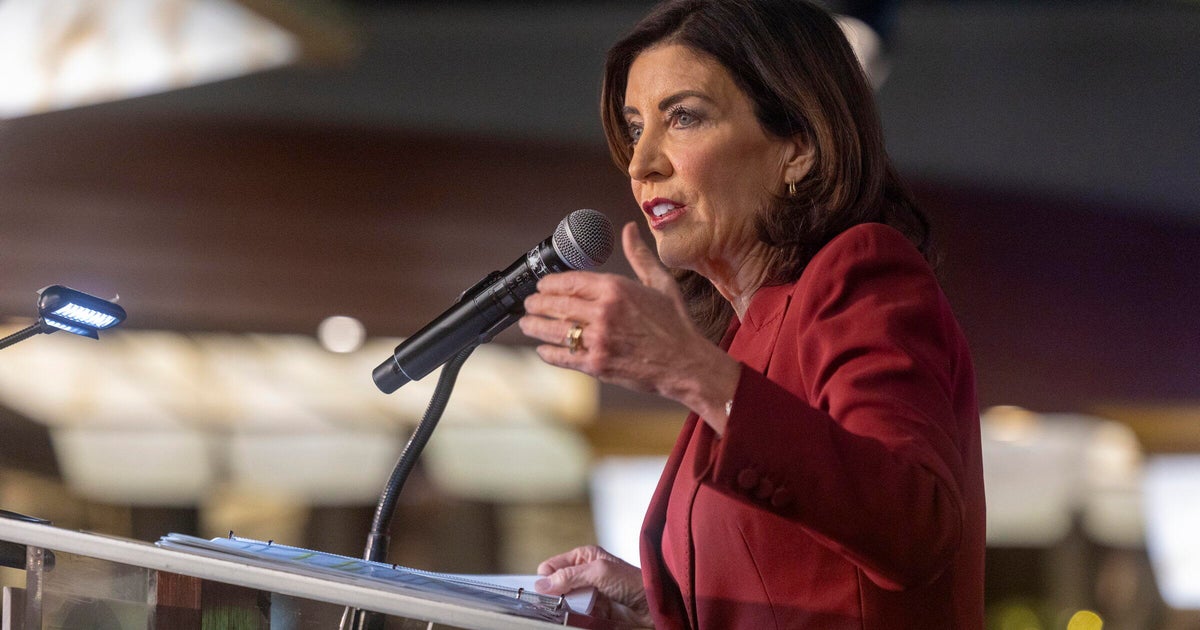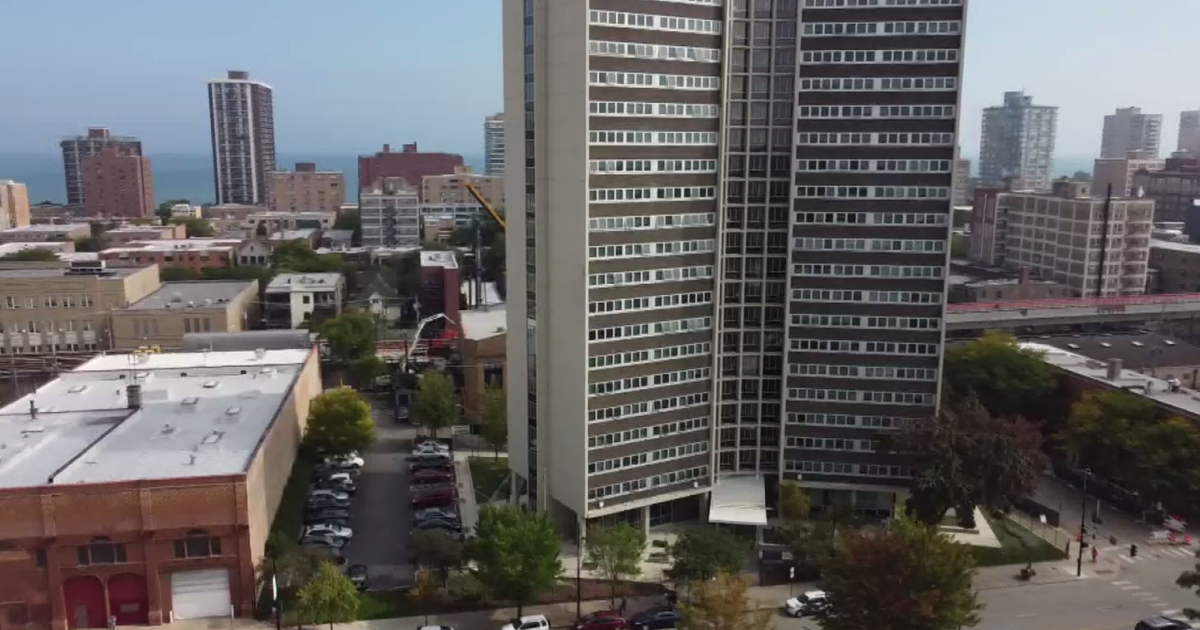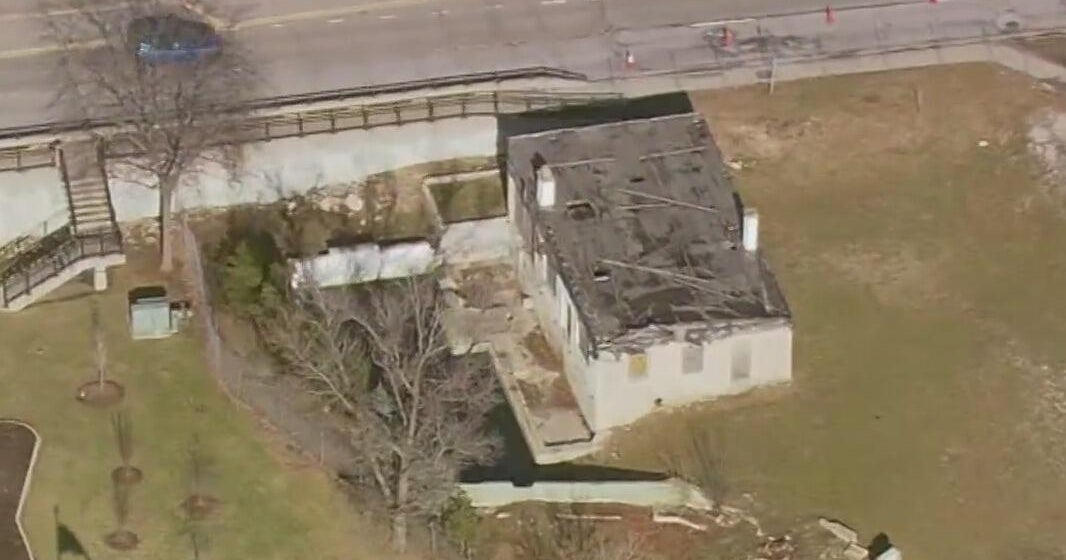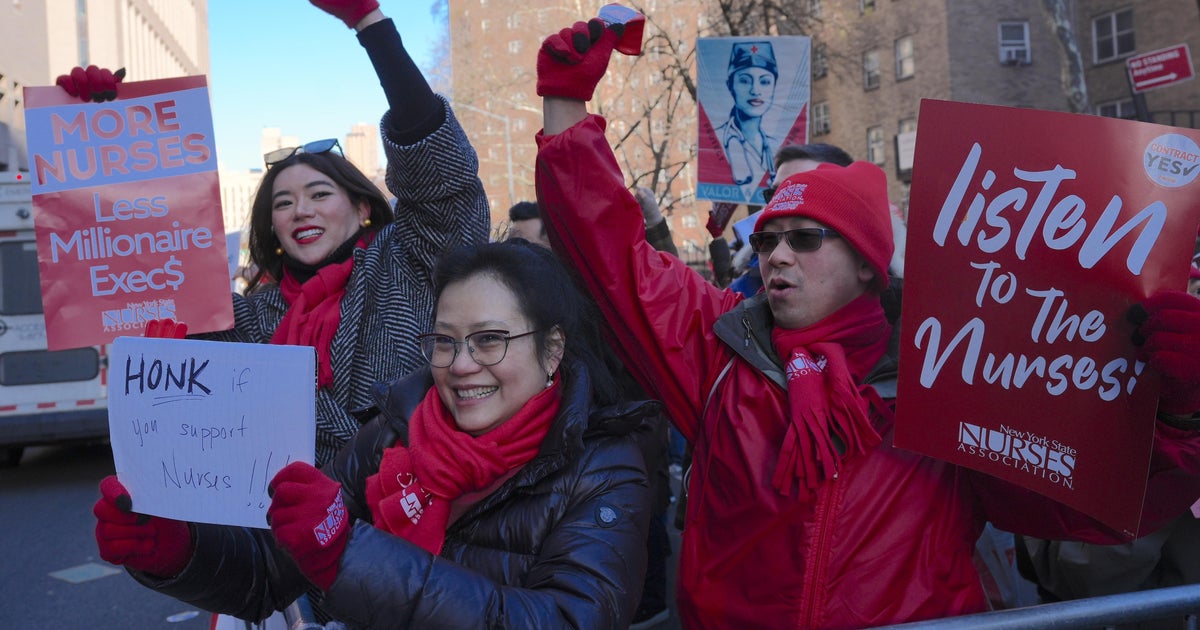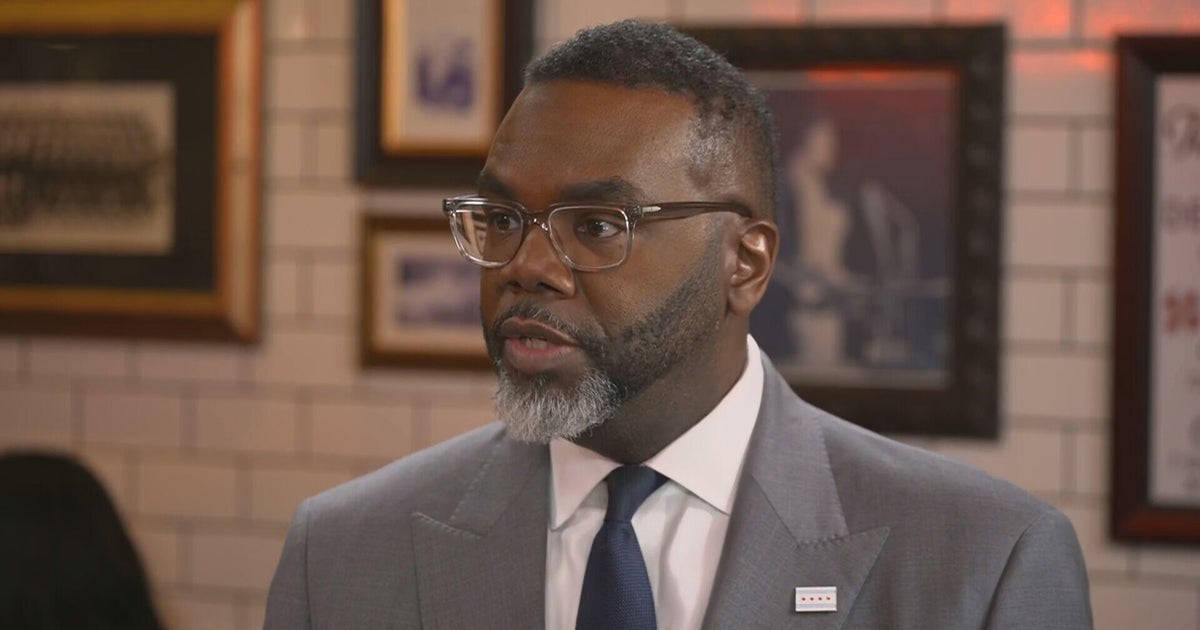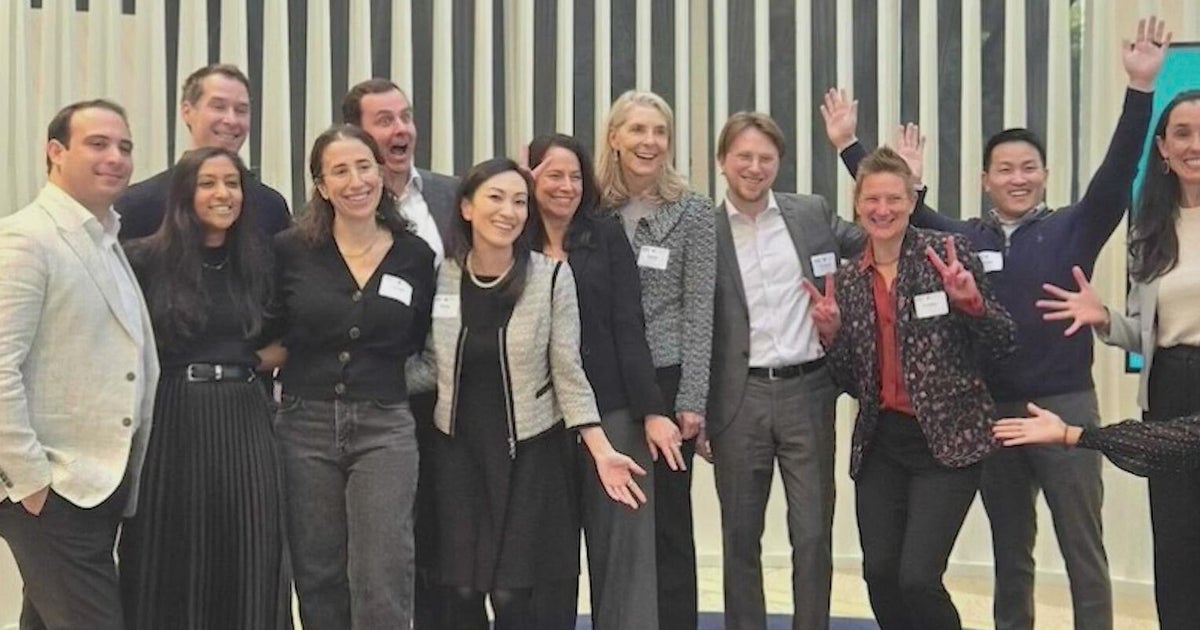New Yorkers debate the merits of Mayor Eric Adams' "City of Yes" housing proposal
NEW YORK -- New York City began two days of public hearings Monday on Mayor Eric Adams' "City of Yes" housing proposal.
The plan is designed to address the housing crisis by changing zoning regulations to allow more residential units to be built. On Monday, the Planning Commission cited the lowest apartment vacancy rate since 1968.
The mayor says his housing plan would create more than 100,000 new homes over 15 years, but opponents say it would benefit real estate developers and re-zone too many single-family neighborhoods in the outer boroughs.
How the "City of Yes" proposal works
Right now, half of city renters pay more than 30% of their income on rent. The city's rental vacancy rate is at a 50-year low.
"Ultimately, it's a question of supply and demand," First Deputy Mayor Maria Torres-Springer said.
The Adams administration wants to build more housing in every neighborhood, by changing long-standing zoning laws through the mayor's "City of Yes" proposal.
Citywide, that plan would allow empty office buildings to be converted into housing, it would lift parking requirements for new buildings, and would encourage new single-room apartments with shared kitchens or bathrooms.
Torres-Springer was asked how the city will ensure new housing is affordable for people who need it and how to avoid gentrifying a neighborhood.
"We need all types of housing, to be clear. We need market-rate housing. We need deeply affordable housing," Torres-Springer said. "It's that entire range that allows for the type of opportunity and relief for New Yorkers across the income spectrum."
How "City of Yes" could impact certain New Yorkers
In high-density neighborhoods, like Battery Park City and most of Manhattan, "City of Yes" would allow buildings to be 20% bigger if that addition becomes permanent affordable housing.
"There is no affordable, truly affordable, housing in New York City anymore," said David Giffen, executive director of the Coalition for the Homeless.
Giffen says "City of Yes" does not address New York's homeless crisis.
"The only way we're going to get the housing for the people who need it is if there's a specific plan for creating that level of housing. Right now, that plan doesn't exist," Giffen said.
- Read more: City Council considers plans Mayor Adams says will make it easier for small businesses to expand
Nicholas Bloom, an urban policy professor at Hunter College, says "City of Yes" is similar to other rezoning initiatives in cities like Portland and Minneapolis.
"There is evidence that more housing production, as in other cities, can have a kind of filter effect where it essentially does reduce rents for many people," Bloom said.
"'City of Yes' zoning to add a little bit more housing in every neighborhood. It's going to add more affordable housing housing near transit housing above shops. These are the changes that we need to address housing shortage," said Rachel Fee, executive director of the New York Housing Conference.
Some long-time residents have fears of being priced out
Tammy Meltzer remembers when Battery Park City was affordable, back when she first moved there in 1995.
"We're standing right now in one of the most expensive neighborhoods in New York City. You had waiters, managers, the seamstress all lived and walked to work," Meltzer said.
After the neighborhood was devastated on 9/11, tax breaks incentivized developers to rebuild and include affordable housing.
And it worked -- until those new units stopped being affordable.
"In Lower Manhattan, we've lost more affordable housing than anywhere in New York state, and with that we've lost mom-and-pop businesses because all the rents come up. Everything is more expensive. We don't see a trickle down with more of the housing that comes. What we see is just more market-rate housing," Meltzer said.
Meltzer said she's afraid she won't be able to withstand more development in Battery Park without a guarantee of affordable developments.
"Oh, I will definitely be priced out," Meltzer said. "The worst thing is my kids won't be able to come back and live in the neighborhood they grew up in."
Some argue that the mayor's proposal fails to address deeper issues like displacement, particularly for marginalized communities.
"Any time you call affordable a $3,000 studio then what are we really doing?" said Bertha Lewis, president of the Black Institute.
"It's not affordable especially for seniors. Studio apartments are almost $3,000 and $4,000. My daughter is in her 40s and what is her future?" Debra Robles said.
In the second part of our series on Tuesday, we will look at how "City of Yes" could change the more residential neighborhoods in New York City.
